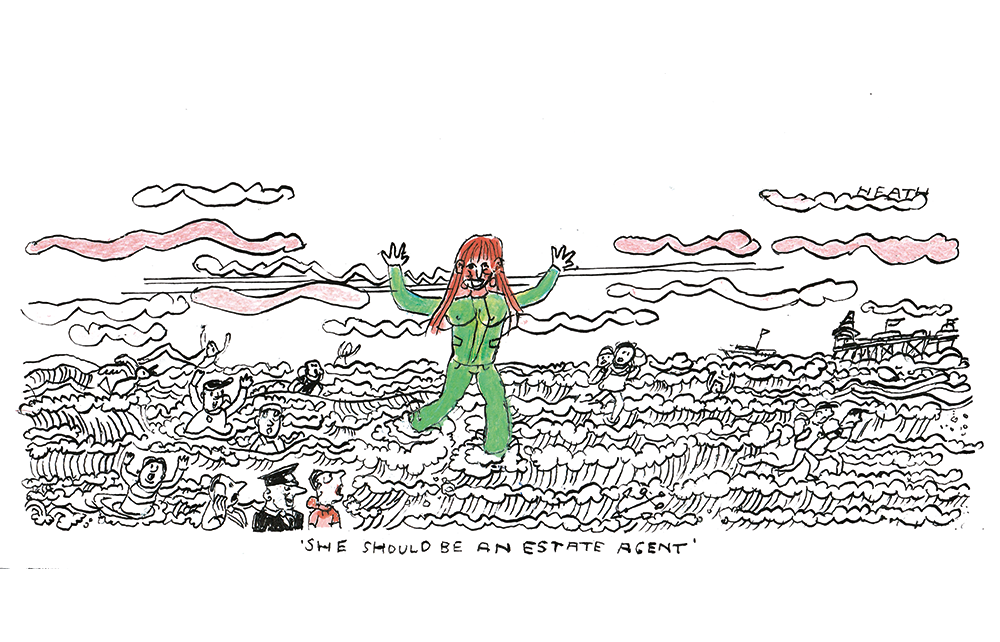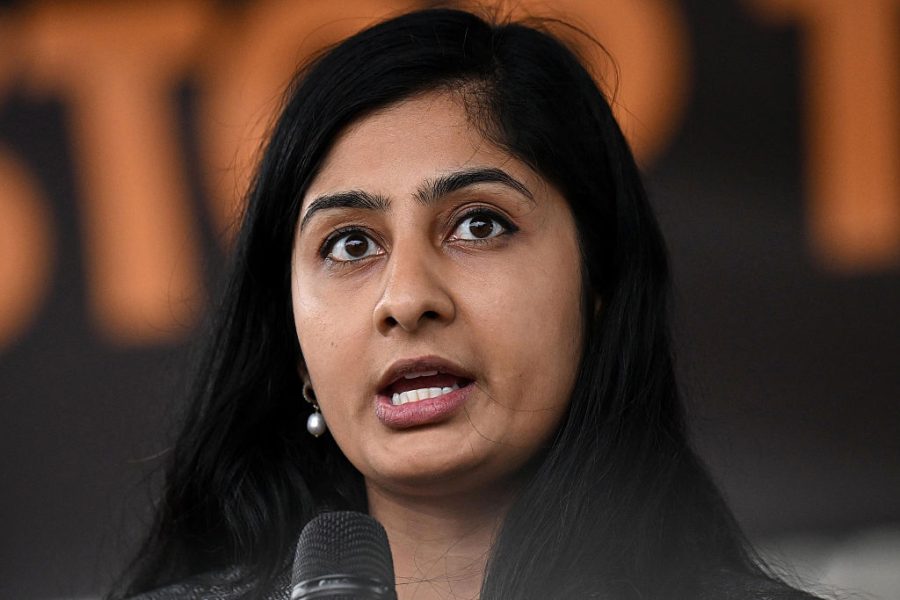
Home
The government shuddered when Angela Rayner resigned as housing secretary, deputy prime minister and deputy leader of the Labour party after being found to have breached the ministerial code by Sir Laurie Magnus, the independent adviser on ministerial standards. He said she had followed advice from a legal firm when not paying enough stamp duty on her new flat in Hove, but ignored a recommendation to seek expert tax advice. Sir Keir Starmer, the Prime Minister, called her ‘the living embodiment of social mobility’.
He then threw himself into a great big cabinet shuffle, in which Yvette Cooper became Foreign Secretary and was replaced as Home Secretary by Shabana Mahmood, who was replaced as Justice Secretary by David Lammy who also became Deputy Prime Minister. Peter Kyle became Business Secretary and was replaced as Science Secretary by Liz Kendall who was replaced as Work and Pensions Secretary by Pat McFadden. Rachel Reeves remained Chancellor of the Exchequer, and soon limited departmental use of the emergency Treasury Reserve. The ruling National Executive Committee of the Labour party, which controls the appointment of the deputy party leader, promised a new one by 25 October. At the bottom of a new league table of NHS hospitals was Queen Elizabeth Hospital in King’s Lynn, Norfolk, which needed props to keep ceilings up. Members of the Rail, Maritime and Transport union went on strike all week, closing the London Underground.
In Parliament Square 890 people were arrested for displaying support for Palestine Action, proscribed as a terrorist organisation. After a week of choppy weather that saw no migrants crossing the Channel in small boats, 1,096 arrived in one day, bringing the total for the year to more than 30,000. A woman died when an inflatable failed; three bodies were taken ashore in France. Shabana Mahmood proposed suspending visas for countries that were not willing to make migrant-return agreements. The government was considering putting asylum seekers on military sites, said John Healey, the Defence Secretary. Nadine Dorries, a former Conservative culture secretary, joined Reform, which held a lively party conference. The next day she was among the guests at the wedding of Zac Goldsmith to Hum Fleming, along with Boris Johnson and the Queen’s son Tom Parker Bowles. The Duke of Sussex laid a wreath at the grave of the late Queen in Windsor. The Duchess of Kent died at the age of 92.
Abroad
Polish and Nato aircraft shot down Russian drones over Poland. The main building of the Ukrainian government in Kyiv was set on fire during Russian air strikes. President Emmanuel Macron of France said that 26 countries had pledged to be part of a ‘reassurance force’ in Ukraine if peace is reached with Russia. President Vladimir Putin commented: ‘If some troops appear there, especially now while the fighting’s going on, we proceed from the premise that these will be legitimate targets for destruction.’ Fashion designer Giorgio Armani died aged 91. Carlo Acutis, a British-born Italian who died at the age of 15 in 2006, was canonised.
Israel carried out an air strike on Hamas leaders in Doha, the capital of Qatar. Israel destroyed four high-rise blocks in Gaza City in four days and urged residents to flee south. US Immigration and Customs Enforcement said a raid at a Hyundai plant in Folkston, Georgia, found 475 people – mostly South Koreans – illegally working there. Boko Haram jihadists killed more than 60 people in Nigeria’s Borno State. A funicular railway car crashed in a Lisbon street, killing 16. Rupert Murdoch’s elder son Lachlan will take control of the family’s media holdings. In a birthday book for Jeffrey Epstein in 2003, published by a Congressional committee, Lord Mandelson allegedly wrote: ‘Wherever he is in the world, he remains my best pal!’
François Bayrou, the French prime minister, was defeated in a vote of confidence by 364 votes to 194 as the country faced a debt crisis; Emmanuel Macron chose Sébastien Lecornu as his fifth PM in two years. Gold rose above $3,600 per troy ounce. Norway’s Labour party won another term but the anti-immigration Progress party made the biggest gains, coming second. Shigeru Ishiba resigned as prime minister of Japan after less than a year. After K.P. Sharma Oli resigned as prime minister of Nepal, young people protesting against corruption set fire to parliament. CSH







Comments